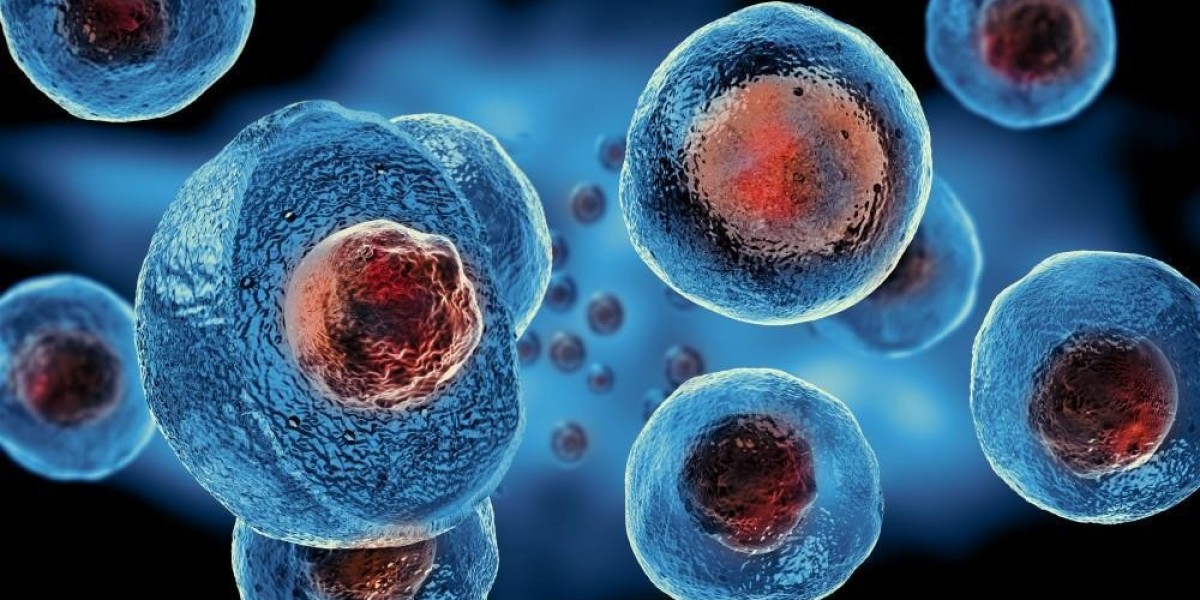Lupus, or systemic lupus erythematosus (SLE), is a chronic autoimmune disease in which the immune system mistakenly attacks healthy tissues, leading to inflammation and damage in various organs—most commonly the skin, joints, kidneys, lungs, and brain. Traditional treatments like immunosuppressants and corticosteroids can help manage symptoms, but they often come with side effects and may not provide lasting relief for all patients.
In recent years, stem cell therapy has emerged as a cutting-edge and potentially transformative treatment for lupus, offering new hope for those who don’t respond well to conventional medications.
Understanding Lupus and Its Challenges
Lupus is a complex disease with a wide range of symptoms, including:
Chronic fatigue
Joint pain and stiffness
Skin rashes (such as the butterfly rash)
Kidney inflammation (lupus nephritis)
Sensitivity to sunlight
Brain fog or memory issues
Hair loss
Fevers and swollen lymph nodes
SLE is notoriously unpredictable, with periods of remission and flare-ups. Current treatments focus on controlling immune responses, but prolonged use of drugs like steroids or biologics can cause complications, including increased risk of infections, weight gain, and bone loss.
What Is Stem Cell Therapy?
Stem cells are unique cells capable of transforming into different types of tissue, promoting regeneration and healing. For lupus, hematopoietic stem cells (HSCs) or mesenchymal stem cells (MSCs) are most commonly used. These stem cells can be harvested from the patient’s own bone marrow or fat tissue—or from a donor—and are then processed and reintroduced into the body to help reset or modulate the immune system.
How Stem Cell Therapy May Help Lupus Patients
Immune System Reset: In severe cases, especially when HSCs are used, stem cell therapy may act like a "reboot" of the immune system, halting the autoimmune attack.
Reduces Inflammation: MSCs, in particular, have powerful anti-inflammatory effects that can help calm lupus flares.
Tissue Repair: Stem cells support healing of damaged tissues, including organs like the kidneys or skin.
Reduction in Medication Dependence: Some patients report a decreased need for immunosuppressants after stem cell therapy.
Improved Quality of Life: Many recipients report reduced pain, less fatigue, and greater mobility after treatment.
Types of Stem Cell Therapy for Lupus
1. Autologous Hematopoietic Stem Cell Transplant (AHSCT)
Source: Patient’s own bone marrow.
Use: Primarily for patients with severe, refractory lupus.
Goal: Rebuild a new, healthier immune system after destroying the malfunctioning one with high-dose chemotherapy.
Risk: Higher risk due to aggressive treatment approach; typically reserved for life-threatening or unresponsive lupus cases.
2. Mesenchymal Stem Cell Therapy
Source: Bone marrow, adipose (fat) tissue, or umbilical cord.
Use: Non-myeloablative and considered safer.
Goal: Modulate immune responses without the need for chemotherapy.
Status: Widely used in clinical research and some medical centers worldwide.
Research and Results
Several clinical trials and case studies have shown promising outcomes:
Patients treated with MSCs often experience long-term remission or significantly reduced disease activity.
Improvements have been observed in kidney function, joint symptoms, and overall fatigue levels.
Some studies report fewer lupus flares and lower levels of autoantibodies after treatment.
However, stem cell therapy for lupus is still considered experimental in many countries and is often not covered by insurance. It should only be pursued through reputable clinical programs or under the guidance of experienced rheumatologists and immunologists.
Potential Risks and Considerations
Cost: Treatments can be expensive, particularly if performed abroad or in private clinics.
Safety: While MSC therapy is generally safe, AHSCT carries more serious risks, including infection or complications from chemotherapy.
Regulatory Approval: Not all stem cell treatments are FDA-approved, so patients should proceed with caution and verify the legitimacy of the clinic.
Stem cell therapy holds real promise for treating lupus, especially for patients who haven’t found relief through conventional means. While more research is needed to determine long-term outcomes, ongoing clinical trials and early results are encouraging.
If you or a loved one is living with lupus and exploring advanced treatment options, consult with a lupus specialist or regenerative medicine expert to learn whether stem cell therapy is a viable choice. This innovative approach may not be a cure, but for some, it could mean the chance at a better, more manageable life.






